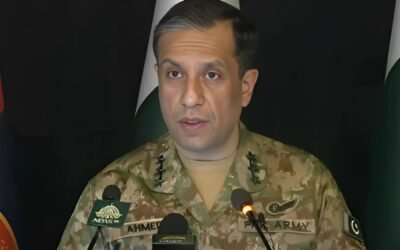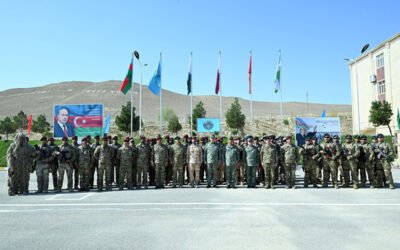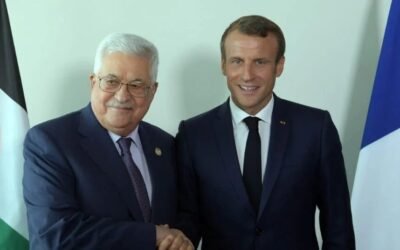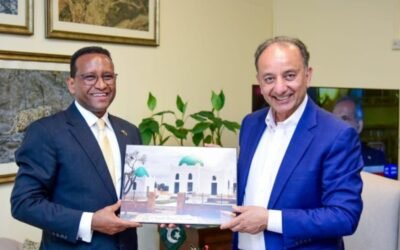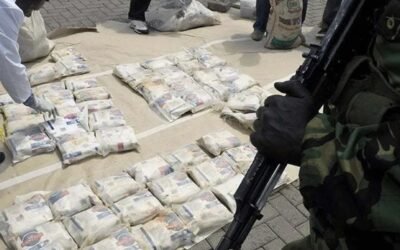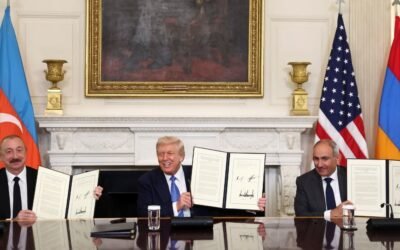The soil of Balochistan, a land steeped in history and sacrifice, continues to bear witness to the unwavering commitment of Pakistan’s armed forces in their relentless battle against terrorism. Among the brave souls who have laid down their lives in the line of duty, Major Muhammad Anwar Kakar Shaheed stands as a beacon of courage and patriotism, his martyrdom a stark reminder of the profound price of peace.
A Life Dedicated to Service
Major Muhammad Anwar Kakar, a distinguished officer of the Pakistan Army, hailed from Pishin, Balochistan. His life was a testament to his deep-rooted commitment to his homeland and its people. A proud son of the soil, Major Kakar embodied the spirit of dedication to national security.
His career in the armed forces, of ten years, was marked by exceptional bravery and an unyielding resolve to safeguard Pakistan’s integrity. His ultimate sacrifice came during an act of terror that once again underscored the pervasive threat of extremism.
On July 20, 2025, Major Kakar was tragically martyred in a magnetic Improvised Explosive Device (IED) blast that targeted his vehicle in Quetta. The explosion, which occurred in the Killi Ismail area, also resulted in injuries to three other individuals, including a child.
The Fitna-al-Hindustan (FAK) through their proxy claimed responsibility for the attack, further highlighting the insidious nature of the threats faced by security forces in the region. Major Kakar’s martyrdom is a painful testament to the ongoing sacrifices made by military personnel who stand as the first line of defense against those seeking to destabilize the nation.

Source: Free Press Journal
Honoring Valor, Condemning Terror
The nation mourns the loss of Major Muhammad Anwar Kakar, a true hero who exemplified the bravery of Pakistan’s armed forces. His heroic actions, like those of countless other officers and soldiers, are a bulwark against the forces of terrorism that seek to undermine our peace and progress.
These valiant sons of the soil leave behind their families and personal lives, making the supreme sacrifice to defend the country. Their commitment ensures the safety and security of every citizen.
We unequivocally condemn all acts of terrorism and those who perpetrate them. Such heinous acts, regardless of their purported motives, are crimes against humanity and must be met with resolute defiance. Pakistan remains firm in its resolve to eliminate all forms of terrorism and will continue its efforts until peace and stability are fully restored across the country.
The Unseen Battle: Addressing Disparate Narratives
In the wake of such profound sacrifices, a troubling dissonance often emerges in public discourse. While the nation collectively grieves for its fallen soldiers, the narrative around casualties in Balochistan sometimes takes a contentious turn. There is a noticeable contrast in the reactions to the deaths of military personnel versus those involved in anti-state activities.
Figures such as Mahrang Baloch and certain social activists in Balochistan often voice strong protests and lament the killing of militants, portraying them as victims. However, a conspicuous silence often follows the martyrdoms of our dedicated army personnel.
This disparity in response, where there is fervent advocacy for those who perpetrate violence against the state but a lack of equally vocal condemnation for the attacks on our armed forces, can be deeply unsettling.
It creates a perceived moral ambiguity that undermines the sacrifices made by those defending the nation. The absence of a unified, unambiguous voice against all forms of violence, and the varying degrees of empathy shown, highlights a significant challenge in fostering a cohesive national narrative, particularly in conflict-affected regions.
Furthermore, the complexities of areas like Balochistan extend beyond the kinetic fight. Despite successful military operations, the critical follow-up phase of comprehensive economic reforms and sustained political engagement has often lagged. Political parties and local leadership have been criticized for their failure to bring about meaningful economic reforms after major security successes like Operation Zarb-e-Azb.
The absence of genuine political ownership in these areas, coupled with a lack of sustained development initiatives, leaves a vacuum. This vacuum can be exploited by elements promoting division and militancy, making it harder to consolidate security gains and achieve long-term stability. The military can clear an area, but lasting peace requires political will and economic upliftment.
A Legacy Etched in Sacrifice
Major Muhammad Anwar Kakar Shaheed, like Major Syed Rab Nawaz Tariq Shaheed and countless others, represents the unwavering spirit of Pakistan. They are the sons of our soil who choose a path of unparalleled bravery, fully aware of the perils that await them.
They willingly leave behind their families, their homes, and all personal comfort for the paramount goal of safeguarding our nation. Their sacrifice is not merely a statistic; it is a profound testament to a love for the country that transcends all else.
As a nation, it is our collective duty to forever remember these heroes, to stand united against the scourge of terrorism in all its manifestations, and to ensure that their immense sacrifices are never in vain.
We must foster a narrative of national unity, unequivocally condemn all acts of violence against the state, and amplify the voices that champion the true spirit of patriotism. Only by doing so can we truly honor the legacy of our martyrs and build a more secure, prosperous, and united Pakistan.









